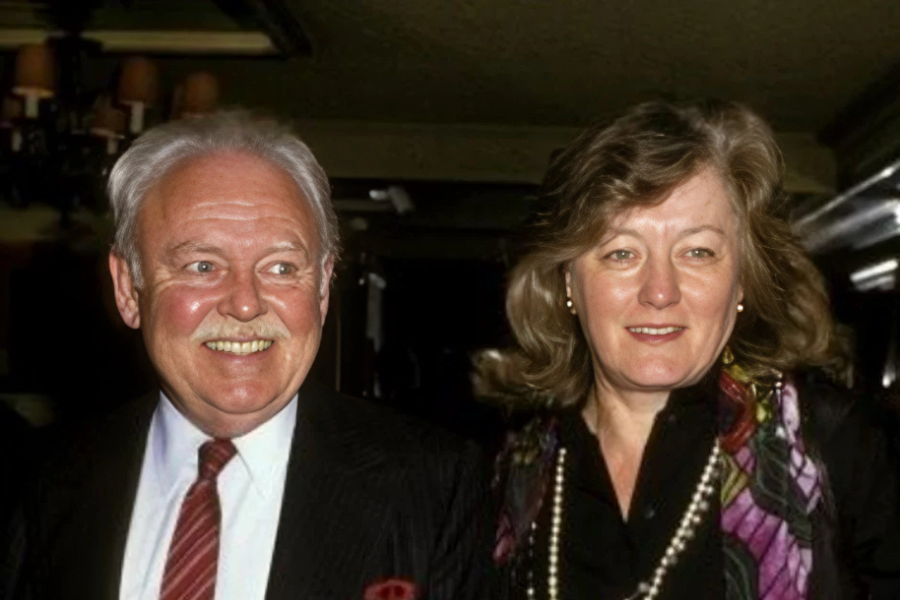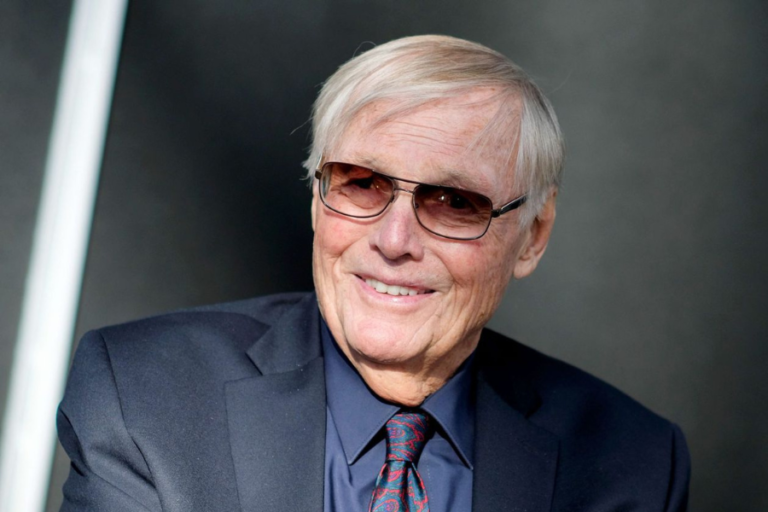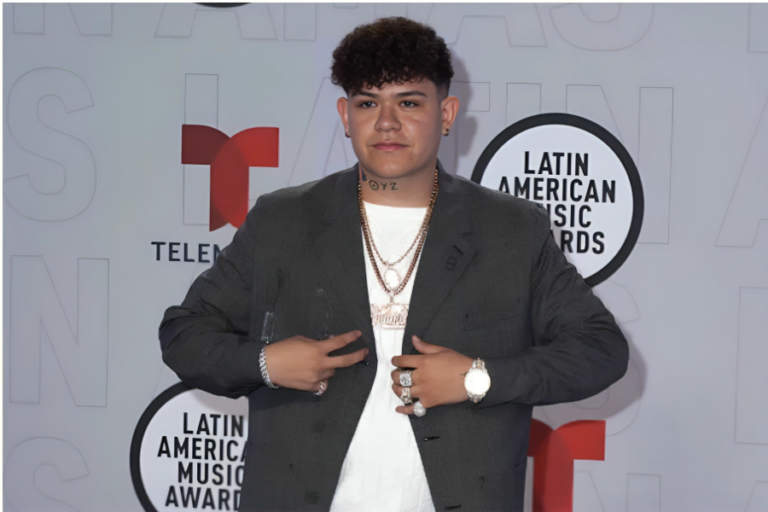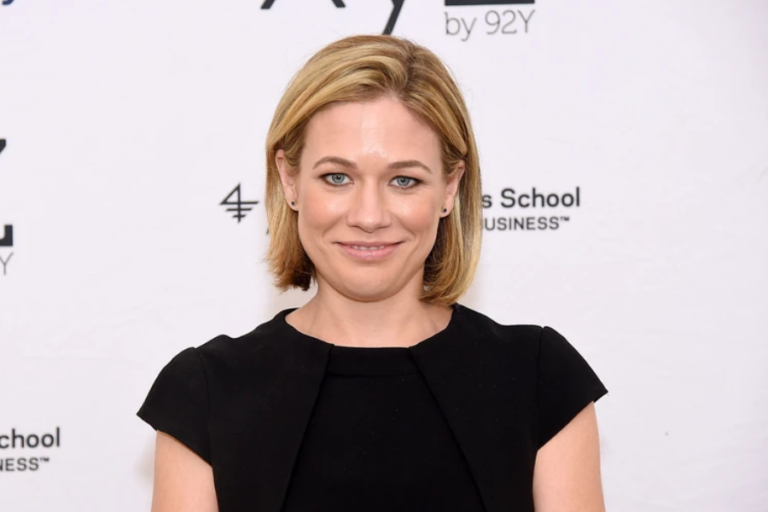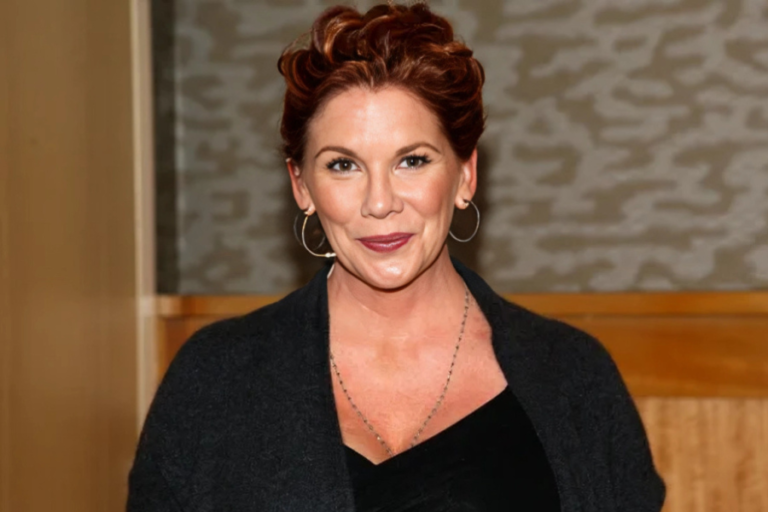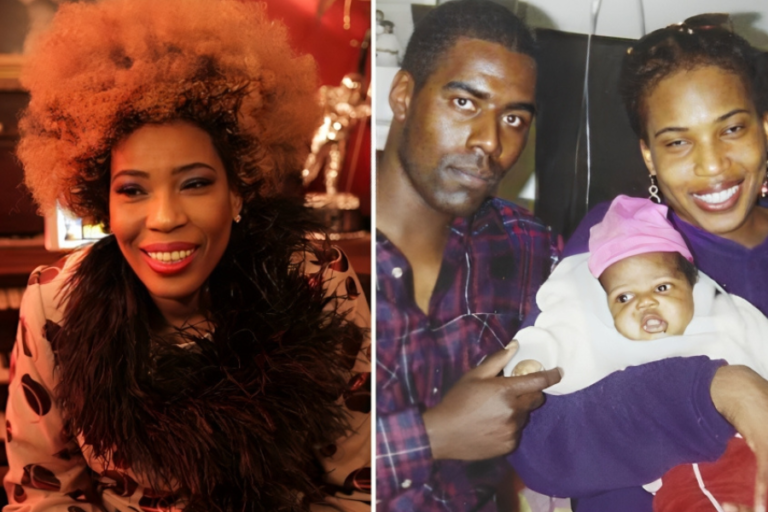Nancy Fields O’Connor: A Trailblazer for Native American Representation and Advocacy
Who Is Nancy Fields O’Connor?
Nancy Fields O’Connor was far more than just the wife of a famous TV star. She was a visionary, a passionate advocate for Native American rights, and a cultural force who left an indelible mark on Hollywood. Born in 1932 in Chinle, Arizona, Nancy grew up immersed in the rich culture of the Navajo people. As one of the few Native American women to make a significant impact in Hollywood, her legacy is a testament to her determination, intelligence, and commitment to her heritage. In this article, we will explore her life, her accomplishments, and the lasting influence she had on both the entertainment industry and Native American communities.
Early Life and Navajo Heritage
Nancy Fields O’Connor was born and raised in Chinle, a small town located within the Navajo Nation in Arizona. Chinle, with its stunning red rock formations and vast desert landscape, was more than just her hometown; it was the foundation of her identity. Growing up in a tight-knit, community-oriented environment, Nancy learned valuable lessons about family, respect for nature, and the importance of preserving Navajo traditions. These experiences helped shape her understanding of the world and played a key role in her later advocacy for Native American rights.
Nancy’s connection to her Navajo roots was deep, and throughout her life, she never forgot where she came from. Even as she achieved success in Hollywood, she always made it a point to honor and share her cultural heritage. She became a champion for the preservation of Navajo art and history, ensuring that future generations could learn from and appreciate the beauty of their native culture.
As a young woman, Nancy attended the University of Montana, where her journey into the world of entertainment and advocacy would begin. The lessons she learned from her upbringing in Chinle, coupled with her education, gave her the strength and resolve to make a difference in Hollywood and beyond.
Meeting Carroll O’Connor: A Partnership Built on Love and Respect
Nancy’s life took a significant turn when she met Carroll O’Connor, a name synonymous with his role in the iconic television show All in the Family. They both attended the University of Montana, where Nancy was studying and Carroll was a professor. Their connection was instant, and the couple quickly fell in love, embarking on a journey together that would span both their personal and professional lives.
What made their partnership so special was the way they worked together. Nancy wasn’t just Carroll’s wife; she was his equal partner in all things, including their work in Hollywood. The couple collaborated on various television projects, and Nancy’s influence extended beyond the typical role of a wife or supporting partner. She brought her unique perspective as a Native American woman to their shared work, ensuring that the stories they told were both respectful and inclusive. Together, they proved that a successful partnership could transcend traditional gender roles, with both individuals supporting each other’s goals and ambitions.
Behind the Scenes of All in the Family
Though Nancy never appeared on screen in All in the Family, her contributions behind the scenes were invaluable. The show, which became a cultural phenomenon in the 1970s, tackled controversial issues such as race, sexism, and bigotry, making it one of the most talked-about programs of its time. Nancy played an instrumental role in ensuring that the show was culturally sensitive and respectful, especially when it came to portraying different ethnic groups, including Native Americans.
At a time when Native American representation in Hollywood was scarce, Nancy Fields O’Connor’s work on All in the Family was groundbreaking. She was not only concerned with the portrayal of Native Americans but also with ensuring that Hollywood would become more inclusive and reflective of the diverse world we live in. Her behind-the-scenes efforts helped pave the way for greater visibility of minorities on television, a change that would have a lasting impact on the entertainment industry.
Nancy’s contributions to All in the Family exemplify her commitment to fighting stereotypes and advocating for accurate, respectful representation of Native Americans and other marginalized groups. The show’s bold approach to addressing racial and social issues reflected Nancy’s values, and her influence on the show helped make it one of the most impactful and revolutionary programs in television history.
Advocacy for Native American Rights
Beyond her work in Hollywood, Nancy Fields O’Connor was a passionate advocate for Native American rights. She used her platform to raise awareness about the challenges facing Native American communities, particularly in the areas of education, healthcare, and cultural preservation. Nancy was deeply committed to improving the lives of Native American people, and she worked tirelessly to ensure that their voices were heard.
One of Nancy’s primary focuses was education. She believed that access to education was a powerful tool for breaking the cycle of poverty and creating better opportunities for Native American children. In line with this, she worked closely with organizations such as the American Indian College Fund, which provides scholarships to Native American students. By supporting educational initiatives, Nancy helped open doors for countless young people who might not have had the chance to pursue higher education otherwise.
Nancy’s advocacy was not limited to education. She also worked to preserve Native American culture and history. She recognized the importance of keeping Native American traditions alive and supported efforts to establish museums and cultural centers dedicated to educating the public about Native American history. Her work in this area helped raise awareness about the beauty and richness of Native American cultures, while also ensuring that future generations would have access to these important stories.
Contributions to Native American Art
Nancy Fields O’Connor was not only a passionate advocate for Native American rights, but she was also a lover and collector of Native American art. Her extensive collection of Navajo weavings and other Native American artwork was one of the most impressive in Hollywood. Nancy didn’t just keep her art collection to herself, however; she used it to educate the public about the beauty of Native American craftsmanship and to promote the work of contemporary Native American artists.
In addition to collecting art, Nancy worked to establish exhibitions and art shows that showcased Native American artists. She wanted the world to see that Native American art wasn’t just part of the past; it was alive and well, and it had a place in modern society. By providing a platform for these artists, Nancy helped them gain recognition and earn a living from their work. She introduced Native American artists to key figures in Hollywood who could buy their art, thus helping to ensure that Native American artists were able to make a name for themselves in the wider art world.
Nancy’s efforts to promote Native American art reflected her broader commitment to supporting her community and preserving Native American culture. She believed that art could be a powerful vehicle for change and cultural understanding, and she used her position to help artists achieve the recognition they deserved.
Philanthropic Work and Lasting Legacy
Nancy Fields O’Connor’s philanthropic efforts were extensive and deeply impactful. She and Carroll O’Connor established several foundations that supported a variety of causes, but Nancy had a particular focus on helping Native American communities. She provided scholarships to Native American students, helping them access the educational opportunities they needed to succeed. Her charitable contributions also supported museums, cultural centers, and initiatives aimed at preserving Native American history and traditions.
When Nancy passed away in 2004, the outpouring of tributes from both the entertainment industry and Native American communities was a testament to the significant impact she had made. In Hollywood, she was remembered not just as Carroll O’Connor’s wife, but as a visionary who fought for diversity and inclusion. Native American communities recognized her as a role model who had used her success to give back to her people.
Today, scholarships, awards, and art exhibitions bear Nancy’s name, ensuring that her legacy continues to inspire future generations. Her work in advancing Native American rights, supporting education, and promoting the arts remains a beacon of hope for those fighting for equality and representation.
Conclusion
Nancy Fields O’Connor’s life and legacy are a powerful reminder that one person can truly make a difference. Through her work in Hollywood, her advocacy for Native American rights, and her commitment to preserving Native American culture, she showed that success doesn’t have to come at the expense of one’s roots. Nancy used her platform to give back to her community, to elevate Native American voices, and to open doors for future generations. Her story teaches us the importance of standing up for what we believe in, the power of education, and the richness that diversity brings to our lives.
Nancy Fields O’Connor may no longer be with us, but her influence lives on. She remains an icon for both Native Americans and those who believe in the power of representation in media. Her legacy serves as a guide for anyone seeking to make a difference in their community or industry. Like Nancy, we can all leave a lasting impact by staying true to our roots, fighting for what’s right, and using our voices to create change.
Stay informed with the latest news and updates on SyncTimes.co.uk
